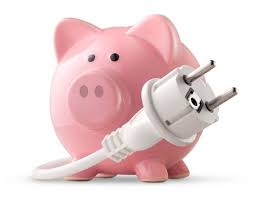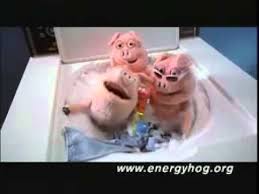 August 2017
August 2017
A typical condo building spends about 40% of its operating budget for utilities; finding ways to reduce utility use can have a huge impact. It means reduced utility bills, maintenance savings and improved comfort.
M & E Consulting Engineers assists condo buildings in their efforts to keep cool during the summer. Ed Porasz, its President, explains that “One of the more effective ways to reduce overall energy consumption is to look at air conditioning which can account for up to 40% of the summer electricity bill.” He provides suggestions for keeping condo suites and common areas comfortable.
- Check windows and doors for drafts. Weatherproofing helps reduce heating and cooling costs.
- Ceiling and portable fans should be used. They cost less to operate than air conditioning, can lower room temperature by up to 2 C, and help circulate stagnant air.
- A programmable thermostat will help keep interior temperatures comfortable. During winter it can be set to lower heat settings in the evening or when away. When in use for air conditioning it can be turned off when not at home or during cooler periods.
- Air conditioning should be used sparingly. Ventilation fans should run continuously while you are at home so that cooler internal air is being circulated and the temperature is even throughout the condo. This will also provide better filtration of the air.
- Running air conditioning at a slightly higher temperature can save money. Set it for 25 C during peak periods when you pay more for electricity and 22 C during off-peak hours.
- Do not set your thermostat to a colder setting when air conditioning is turned on.
- Close blinds and shades during the day for south or west facing windows during warmer months. Open blinds and shades during cooler months to allow the sun to warm your home.
Additional suggestions for reducing utility use:
Cooking
- Use lids on pots to retain heat
- Use a microwave or toaster instead of the oven when possible
- Use LED lighting
Reduce Water Use
- Fix leaking taps
- Use an energy efficient or low flow showerhead
- Install aerators on faucets to reduce the water flow rate
Dish Washing
- Wait until a dishwasher is full before turning it on
- Allow dishes to air dry
Cleaning Clothes
- Use cold water wash and rinse
- Set water level to match load
Finally, keep in mind that off-peak energy use, 7 p.m. to 7 a.m., can be more economical. Consider doing laundry and dishes during these off-peak hours.



